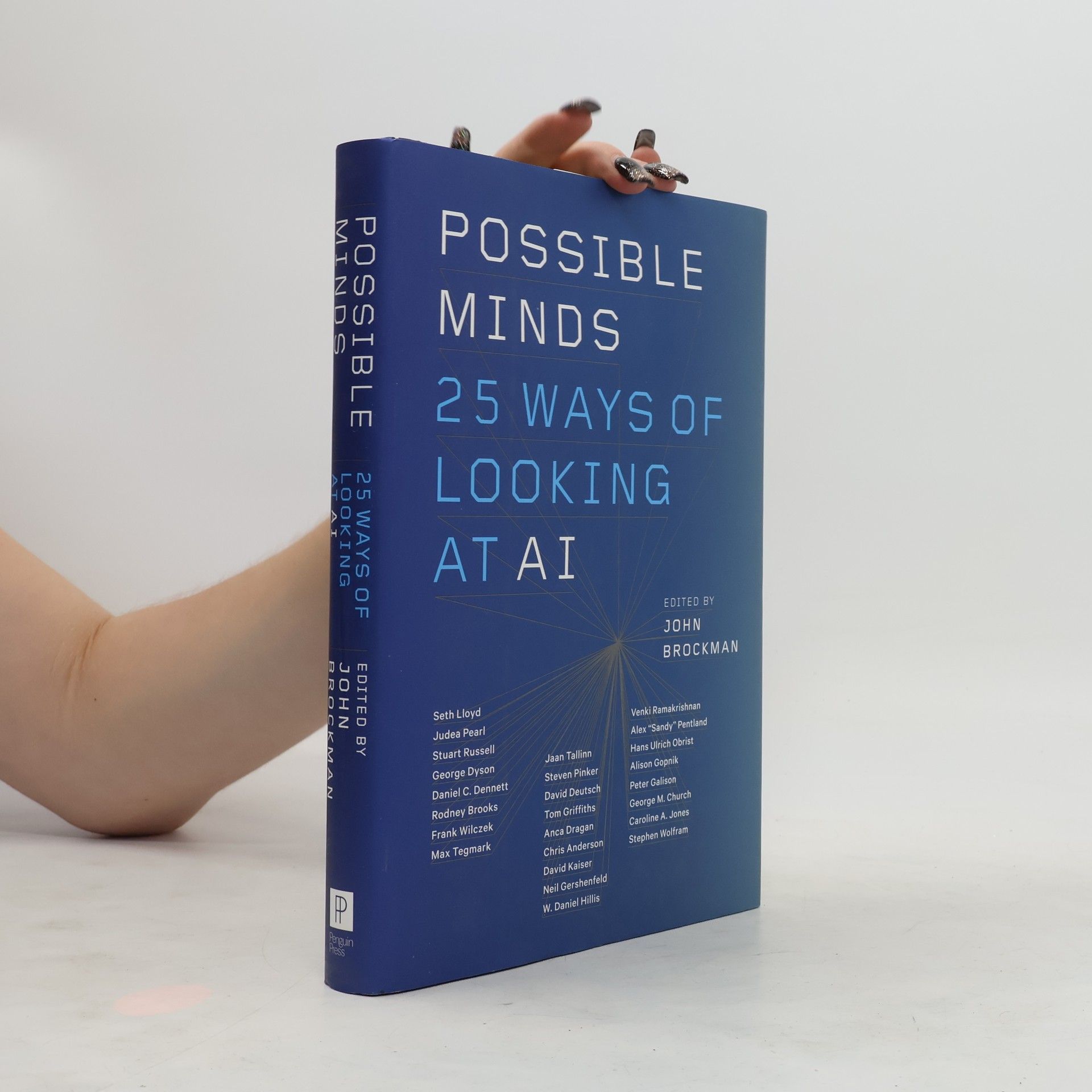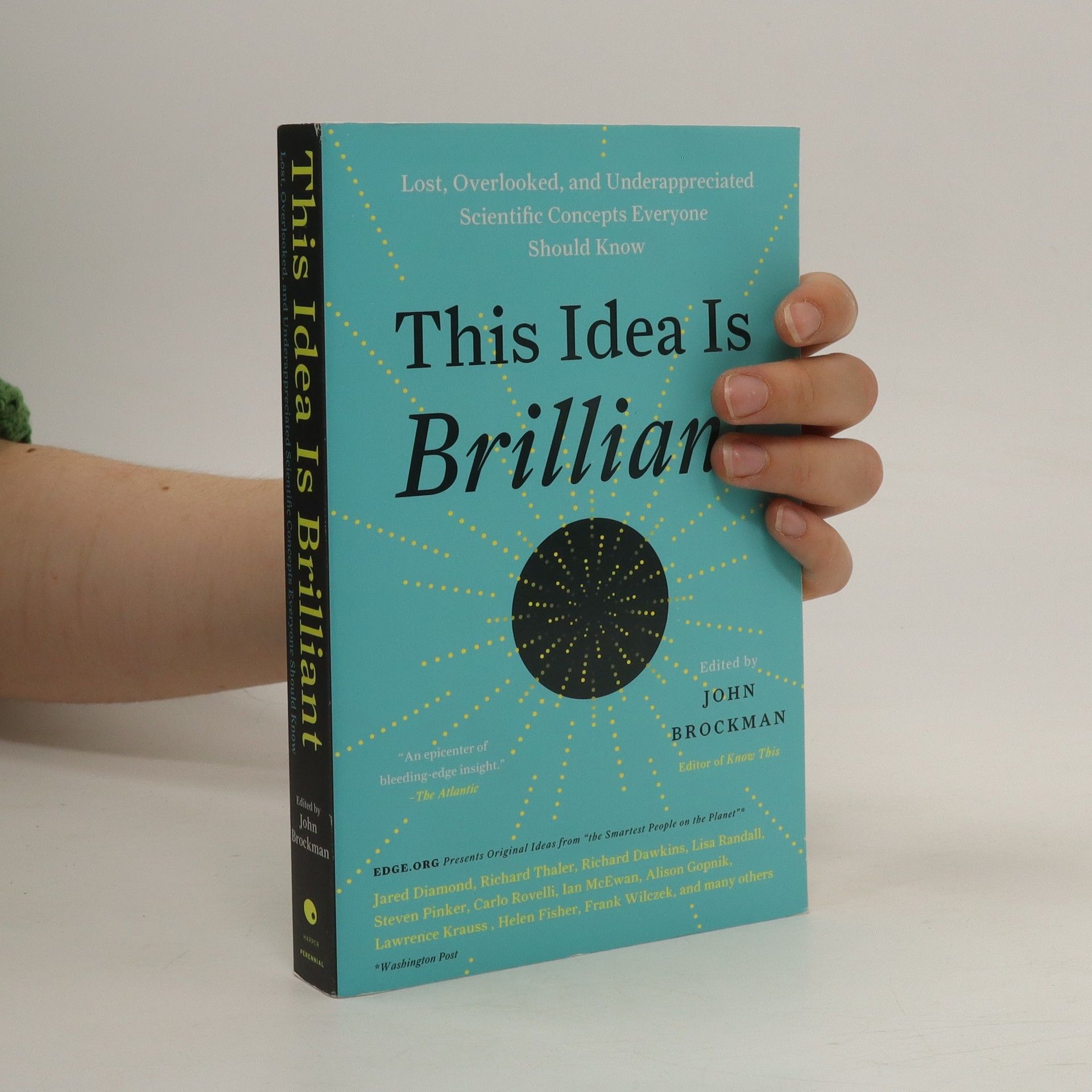Rosnące możliwości sztucznej inteligencji od lat budzą niepokój. Uzależniamy się od nowoczesnych technologii, ale doskonałe metody uczenia maszynowego i potężna moc obliczeniowa skłaniają do refleksji: dokąd zmierza ten rozwój? Jakie będą konsekwencje dla przyszłości społeczeństwa? Czy grozi nam wyginięcie lub zniewolenie przez maszyny lub polityków pragnących władzy? AI staje się kluczowym tematem współczesności, a świat, jaki znamy, może wkrótce przestać istnieć. Jakie wybory czekają ludzkość i czy będą one trafne? Ponad 60 lat po publikacji Cybernetyki Norberta Wienera, 25 wyjątkowych umysłów postanowiło ponownie zbadać jego koncepcje. Efektem kilkuletnich dyskusji na temat umysłu, myślenia, inteligencji i sensu człowieczeństwa jest zbiór 25 esejów, który stanowi wszechstronne wprowadzenie do kluczowych problemów związanych z AI. Wartość tego dzieła tkwi w zderzeniu różnych poglądów: autorami są wybitni informatycy, robotycy, fizycy, a także przedstawiciele kultury, filozofii i psychologii. To lektura, która zmusza do szerszego spojrzenia na jedno z najważniejszych wyzwań naszych czasów.
John Brockman Ordine dei libri (cronologico)
Questo autore ha attraversato i campi dell'arte, della scienza, dei libri, del software e di Internet nel corso della sua vasta carriera. Negli anni '60 ha posto le basi per "ambienti cinetici intermedi" nell'arte, nel teatro e nel commercio. È il fondatore della Edge Foundation e l'editore dell'acclamato sito web Edge, dove i principali pensatori analizzano la scienza all'avanguardia e definiscono quella che lui chiama la "Terza Cultura". Il suo lavoro esplora l'intersezione di diversi campi, evidenziando le profonde connessioni tra discipline e l'avanguardia del pensiero contemporaneo.

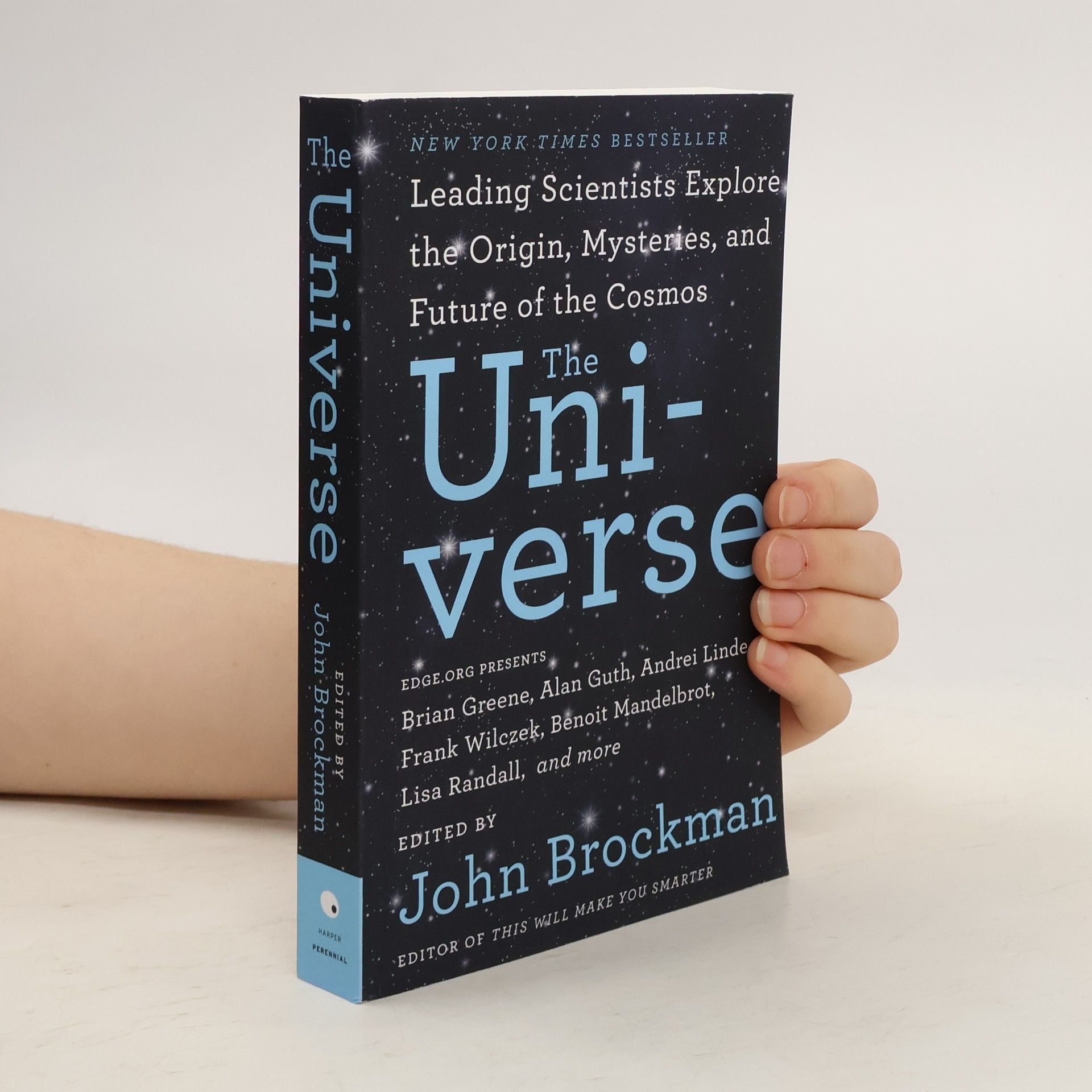
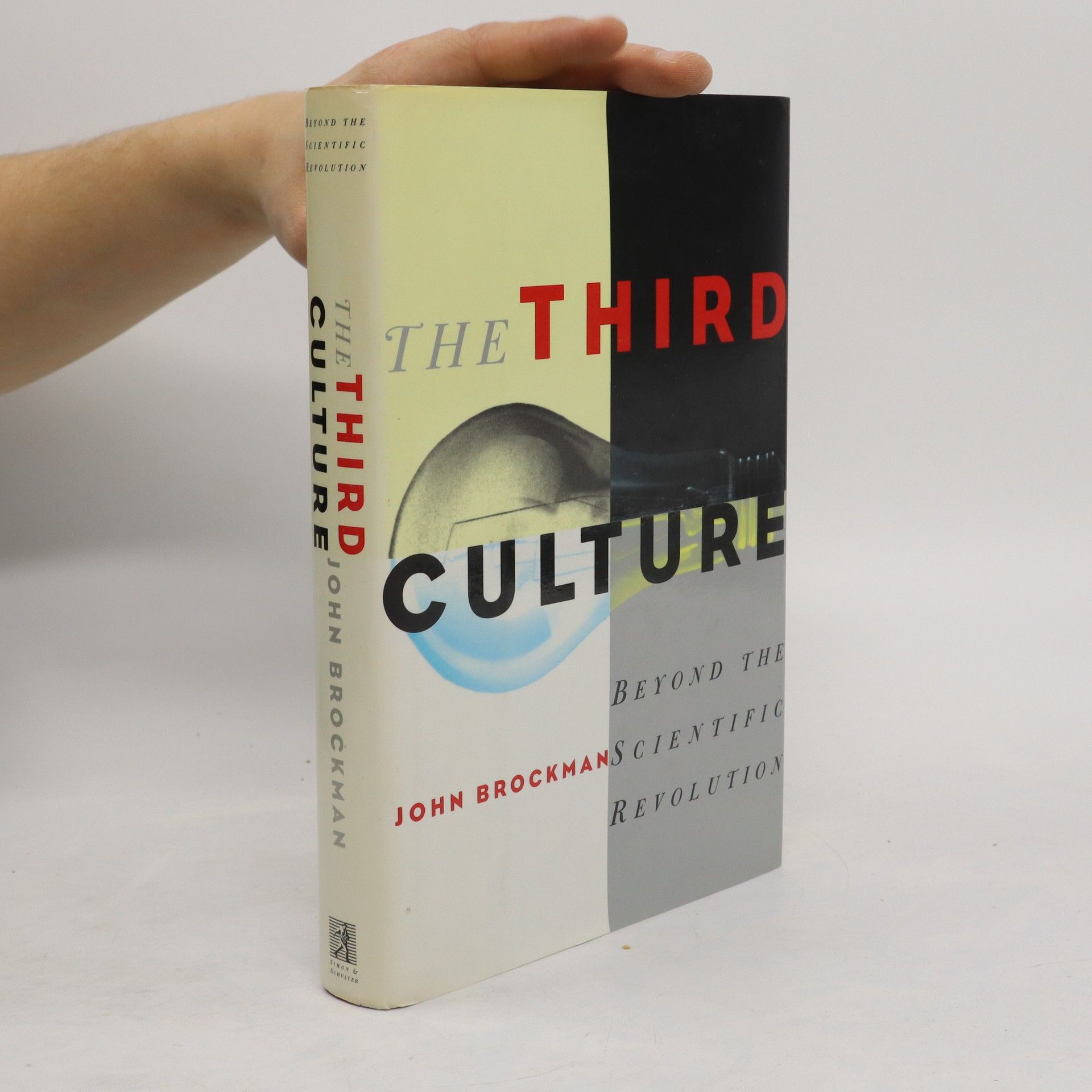
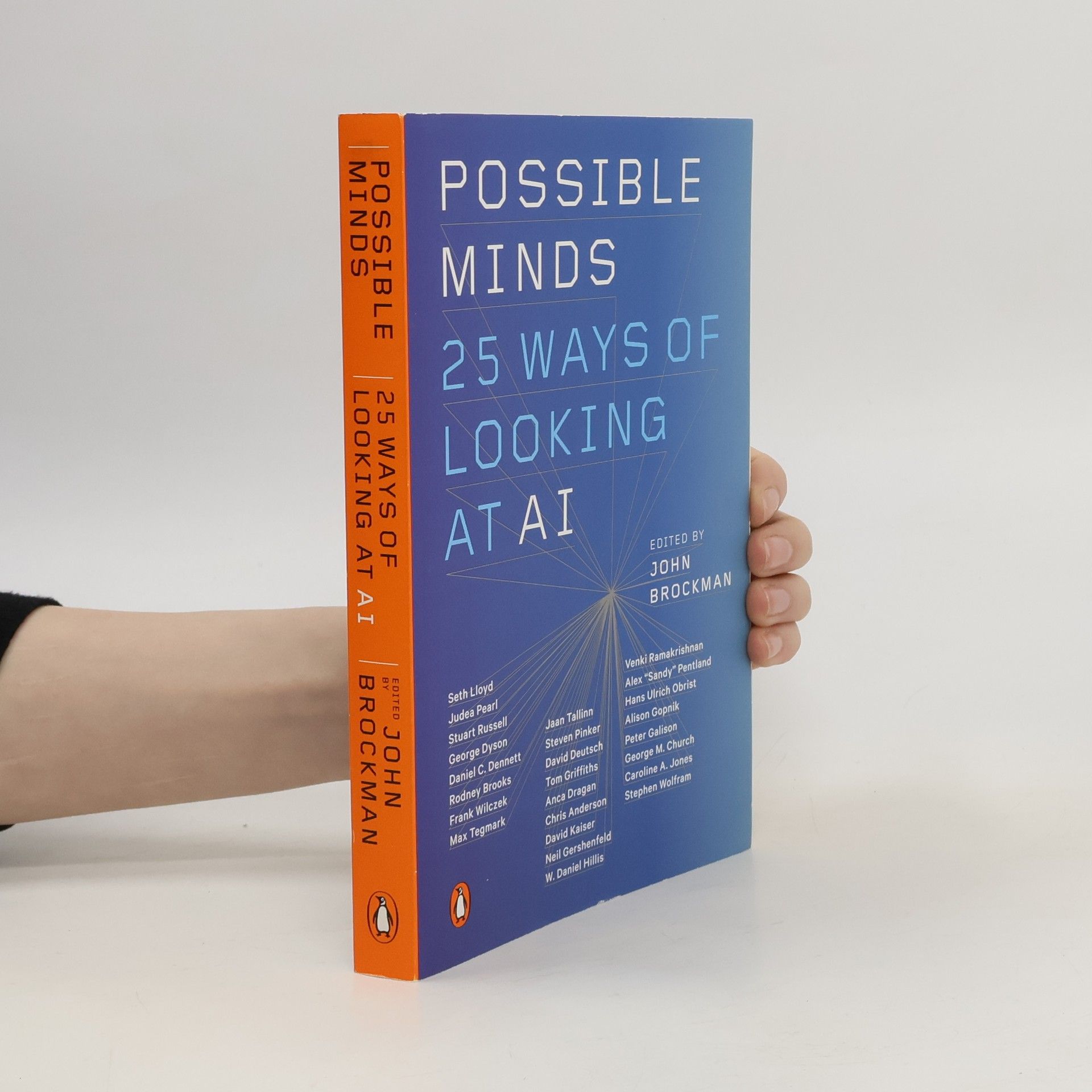

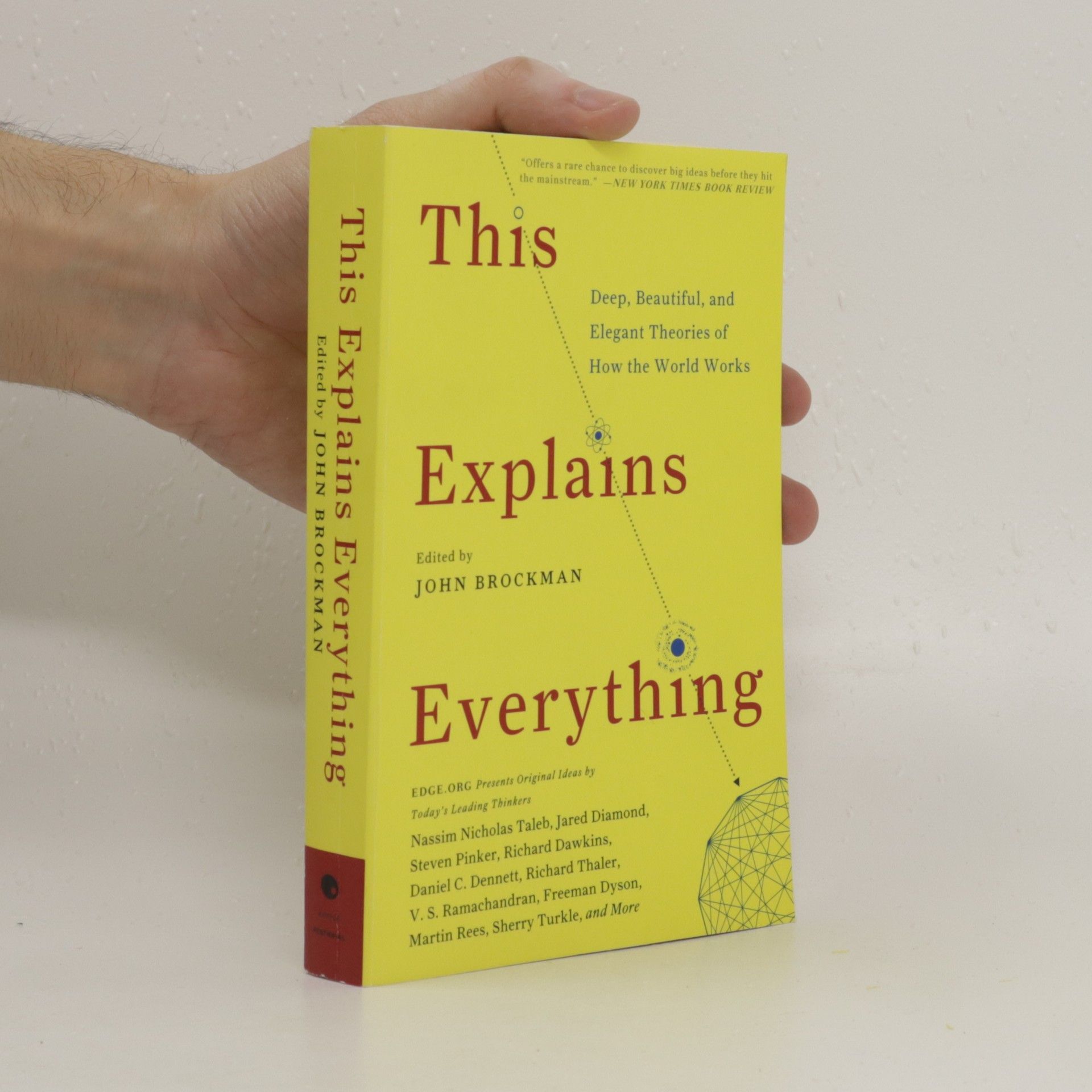
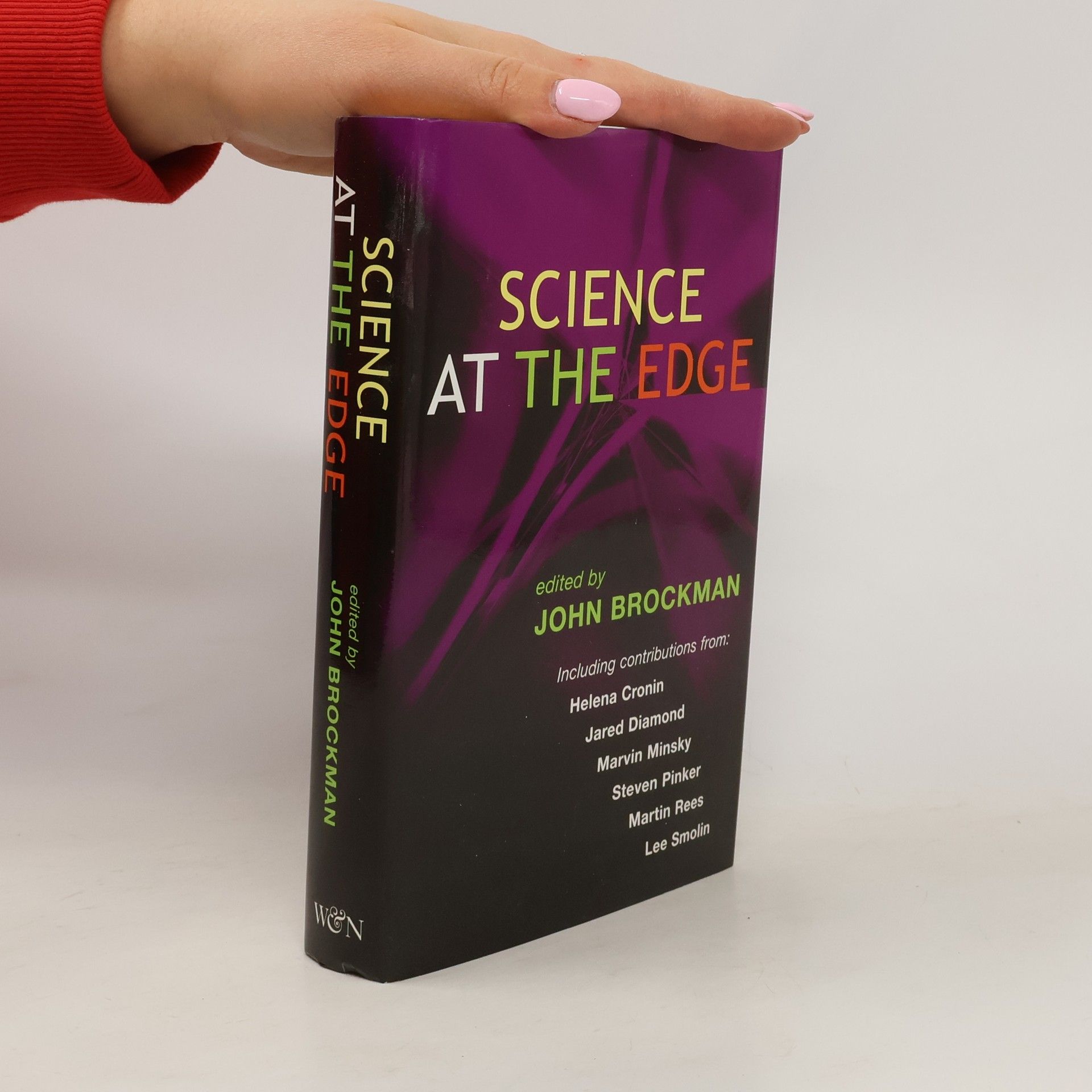
Possible minds : twenty-five ways of looking at AI
- 320pagine
- 12 ore di lettura
Science world luminary John Brockman assembles twenty-five of the most important scientific minds, people who have been thinking about the field artificial intelligence for most of their careers, for an unparalleled round-table examination about mind, thinking, intelligence and what it means to be human
Possible Minds
- 320pagine
- 12 ore di lettura
Science world luminary John Brockman assembles twenty-five of the most important scientific minds, people who have been thinking about the field artificial intelligence for most of their careers, for an unparalleled round- table examination about mind, thinking, intelligence and what it means to be human--
Во что мы верим, но не можем доказать. Интеллектуалы XXI века о современной науке
- 340pagine
- 12 ore di lettura
О чем книга О самых невероятных, оригинальных научно-фантастических идеях, которые в будущем, возможно, станут реальностью. О том, как самые разные ученые, оказывается, способны поверить в любые гипотезы и поведать всем нам о своих идеях, связанных с новыми областями эволюционной биологии, генетики, компьютерных наук, нейрофизиологии, психологии и физики... Почему книга достойна прочтения Лучшие умы XXI века предлагают необычное видение возможностей науки и технического прогресса. Книга отвечает на самые разные вопросы, - начиная с того, что же такое сознание человека, и кончая тем, одиноки ли мы во Вселенной, - интересующие не только мировое научное сообщество, но и каждого из нас. Ведь все мы, так или иначе, задаемся вопросами мироздания. Уникальная возможность познакомиться с тем, каким образом ученые сегодня находят путь к истине. Для кого эта книга Для всех, кто чувствует ритм нашего времени - времени научно-технического бума, и кому интересно узнать, во что можно и нужно верить, даже если это пока еще не доказано.
Neuigkeiten von morgen
Die führenden Wissenschaftler unserer Zeit über die wichtigsten Ideen, Entdeckungen und Erfindungen der Zukunft
- 640pagine
- 23 ore di lettura
20 Jahre »The Edge« – Mit Beiträgen u. a. von Steven Pinker, Alison Gopnik, Jared Diamond, Martin J. Rees, Carlo Rovelli, Jonathan Haid, Lisa Randall und Hans Ulrich Obrist. Seit zwei Jahrzehnten versammelt John Brockman jährlich die angesehensten Wissenschaftler und Intellektuellen unserer Zeit in einem Band. Wissenschaftliche Entwicklungen verändern unseren Blick und unser Verständnis von der Welt immer wieder radikal, egal ob es sich dabei um Fortschritte in der Technologie, um medizinische Forschung oder die neuesten Entdeckungen aus den Bereichen Neurowissenschaften, Psychologie, Physik, Wirtschaft, Genetik oder Umweltschutz und Klimawandel handelt. Da es heute schwer ist, aus der Flut aller täglichen Informationen die wichtigsten herauszufiltern, versammelt der bekannte Visionär und Herausgeber John Brockman Stimmen der führenden Wissenschaftler und Intellektuellen unserer Zeit in einem Band, um zu zeigen, was bereits morgen unser Leben bestimmen kann.
This idea is brilliant: Lost, overlooked and underappreciated scientific concepts everyone should know
- 515pagine
- 19 ore di lettura
Brilliant but overlooked ideas are explored by today’s most innovative thinkers, including Steven Pinker, Jared Diamond, and Richard Dawkins. This collection features insights from 205 influential minds across various fields—physicists, economists, psychologists, and more—prompted by John Brockman’s question: What scientific term or concept should be more widely known? Readers will embark on a journey through bold and underappreciated scientific concepts that enrich understanding. Contributions include Jared Diamond discussing the lost brilliance of common sense, Richard Dawkins on reconstructing ecological history, and Rebecca Newberger Goldstein on expanding reality beyond the tangible. Carlo Rovelli explores the interconnected fabric of information, while Ian McEwan delves into the Navier-Stokes equations that influence weather and design. Other notable voices include Lawrence M. Krauss on uncertainty, Richard Thaler on the "premortem" concept, and Brian Eno on confirmation bias in the digital age. Rory Sutherland highlights the impact of sex appeal, and Lisa Randall emphasizes the power of the obvious. Additionally, Kevin Kelly shares insights on optimizing success, and Frank Wilczek discusses the creative potential of complementarity. This anthology also features thoughts from Sam Harris, Alison Gopnik, and many others, offering a rich tapestry of ideas that challenge conventional thinking.
Čeho bychom se měli obávat? Co nás má nejvíce znepokojovat? Tak zní otázka, kterou John Brockman, provozovatel webu Edge.org („Nejchytřejší webové stránky na světě“ – The Guardian), položil několika desítkám nejvlivnějších odborníků na světě. Požádal je, aby se svěřili s tím, čím se nejvíce trápí, co jim dělá největší starosti, a aby ukázali, proč by těmto tématům měla být věnována pozornost. 150 esejů na toto téma, které kniha obsahuje, zabírá celou šíři přírodovědných i humanitních oblastí. Zastoupení autoři jsou význačnými postavami na poli neurovědy, ekonomie, filozofie, fyziky, psychologie, biologie a dalších věd. Obavy si děláme proto, že předvídáme budoucnost. Před pociťováním obav nás nic neochrání, nicméně věda nás může ponaučit, jak si dělat obavy lépe a kdy si je přestat dělat. Otázky často inspirují nepředvídatelné odpovědi, které nás vyprovokují k myšlenkám, jimiž bychom se nejspíše nezabývali.
Know this. Today's most interesting and important scientific ideas, discoveries, and developments
- 573pagine
- 21 ore di lettura
Today's most visionary thinkers reveal cutting-edge scientific ideas and breakthroughs essential for understanding our world. Scientific advancements transform our comprehension across various fields, including technology, medical research, neuroscience, psychology, physics, economics, anthropology, climatology, and genetics. However, amidst the overwhelming information, identifying truly revolutionary concepts can be challenging. To highlight significant new theories and discoveries, John Brockman, publisher of Edge.org, posed a crucial question to 198 leading minds: What recent scientific news do you find most interesting, and why is it important? Insights include Pulitzer Prize-winning author Jared Diamond discussing complex problems, Carlo Rovelli on black holes, and Steven Pinker on human progress quantification. TED curator Chris J. Anderson reflects on the global brain's growth, while Lisa Randall emphasizes the true measure of breakthroughs. Nobel laureate Frank Wilczek explains how mastery of matter will shape the century, and philosopher Rebecca Goldstein addresses the underestimation of female genius. Music legend Peter Gabriel advocates for bridging imagination and reality, and Freeman Dyson highlights how small upstarts can rival billion-dollar projects. Additional contributions come from Nobel laureate John C. Mather, Bill Joy, Kevin Kelly, Alison Gopnik, Matt Ridley, George Church, Jim Holt, and anthropologist H
Der bekannte Visionär und Herausgeber der Internetzeitschrift »Edge« John Brockman fragt die führenden Wissenschaftler, Philosophen und Künstler unserer Zeit, was sie von denkenden Maschinen halten. Stephen Hawking warnt davor, dass die Weiterentwicklung der Künstlichen Intelligenz das Ende der Menschheit bedeute. Andere hingegen feiern das neue Zeitalter der Superintelligenz, da menschliche Kapazitäten mittels intelligenter Maschinen enorm ausgeweitet würden. Sicher ist, dass KI aus dem Bereich der Science-Fiction Einzug in die Realität, ja in unseren Alltag gefunden hat. Mit Beiträgen u. a. von Steven Pinker, Martin Rees, Rolf Dobelli, George Dyson, Hans Ulrich Obrist, Gerd Gigerenzer, Andrian Kreye und Haim Harari. »Eine äußerst anregende Lektüre.« Brain Pickings
Großreinemachen in der Wissenschaft: Die klügsten Köpfe der Welt zeigen, welche Ideen und Theorien sie für entbehrlich, überkommen oder schlicht für falsch halten. In der Welt der Wissenschaft werden Ideen und Theorien laufend überprüft, verfeinert und angepasst. Und doch gibt es eine Reihe von Vorstellungen, die heute nicht mehr aktuell sind – und sich trotzdem hartnäckig in den Köpfen der Menschen halten. Der bekannte Visionär John Brockman hat daher die führenden Wissenschaftler unserer Zeit gefragt, welche Idee sie am liebsten aufs Altenteil schicken würden. Mit Beiträgen u. a. von Jared Diamond, Richard Dawkins, Alison Gopnik, Hans Ulrich Obrist, Helen Fisher, Stephen Pinker, Sherry Turkle, Andrian Kreye, Laura Betzig, Nicholas A. Christakis, Steward Brand, Anton Zeilinger und Ian McEwan. Sie legen damit ein breites Mosaik aus veralteten Konzepten vor, die uns klarmachen, wie sehr sich die Welt der Wissenschaft ständig in Veränderung befindet.
